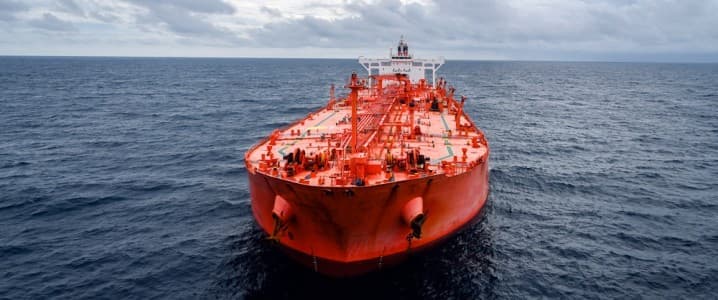Strong demand for crude oil from Asian countries, especially China, has insulated Brazil’s Petrobras from the worst of the tariff war fallout, chief executive Magda Chambriard told Bloomberg in an interview.
“There is a lot of demand in Asia for our products,” Chambriard told the publication at an industry event in Sao Paulo, adding that China was the biggest buyer of its crude. The country accounted for 52% of Petrobras’ oil exports over the second quarter of the year, according to Bloomberg.
Europe was the Brazilian state major’s second-largest market over the three-month period, taking in 19% of total oil exports. It was followed by the rest of Asia, accounting for 12% of the total or the second quarter. The United States took in 8% of Petrobras’ oil exports, and Latin America accounted for 6%.
The Trump administration slapped 50% tariffs on Brazil last month, prompting expectations that oil flows from South America’s biggest producer will get redirected to Asia. Petrobras’ Chambriard has just confirmed this.
The U.S. was Brazil’s third-largest oil buyer, importing around 189,000 barrels per day in the first quarter of the year, or 11% of Brazil’s total oil exports, according to data from ship-tracking firm Vortexa and Kpler. China and Europe were the top destinations, importing 654,000 bpd and 446,000 bpd, respectively.
In the second quarter, even before the higher tariffs, the U.S. had slipped to number four among the biggest importers of Brazilian crude. The tariffs were President Trump’s choice for penalizing the Brazilian government for the persecution of former president Jair Bolsonaro. In a similar fashion, Trump slapped 50% tariffs on Indian imports to punish the country for buying Russian crude.
Currently, the U.S. is not such a major buyer of Brazilian crude, which further strengthens Petrobras’ resilience to Washington’s trade policies, the CEO of the company suggested in her interview with Bloomberg.
By Irina Slav for Oilprice.com
More Top Reads From Oilprice.com

